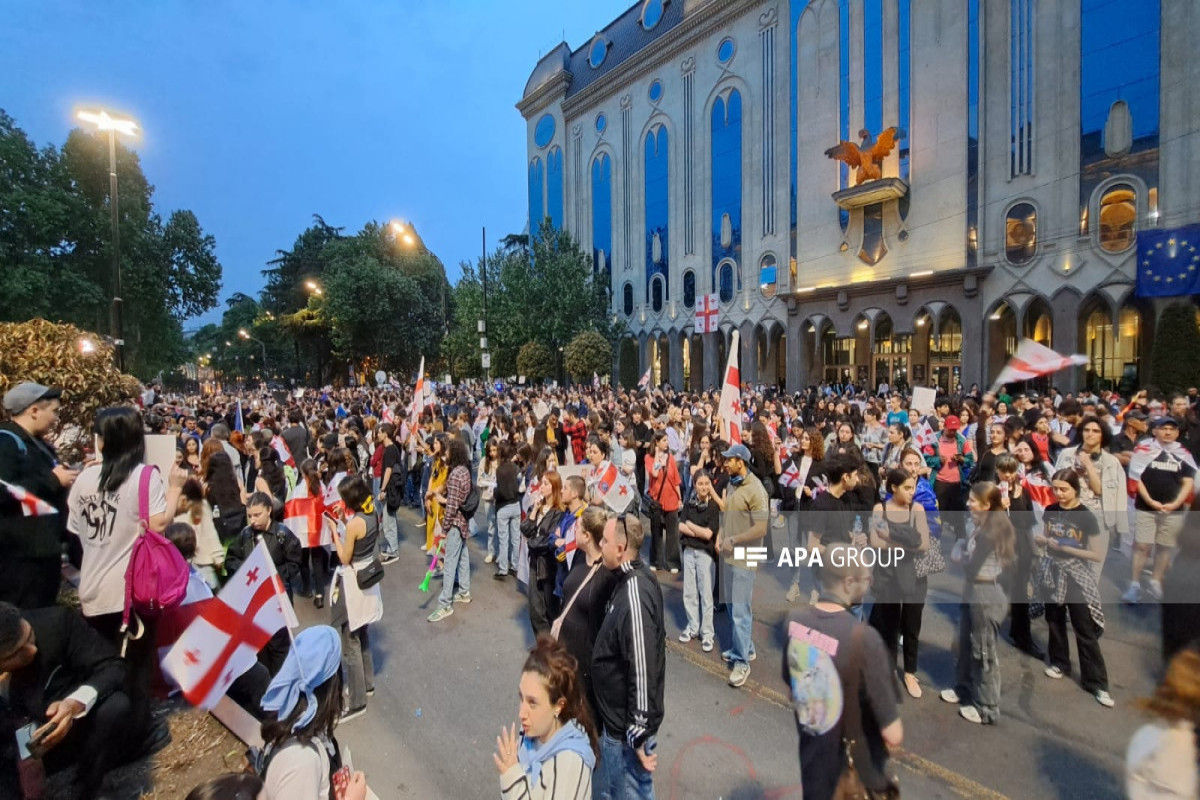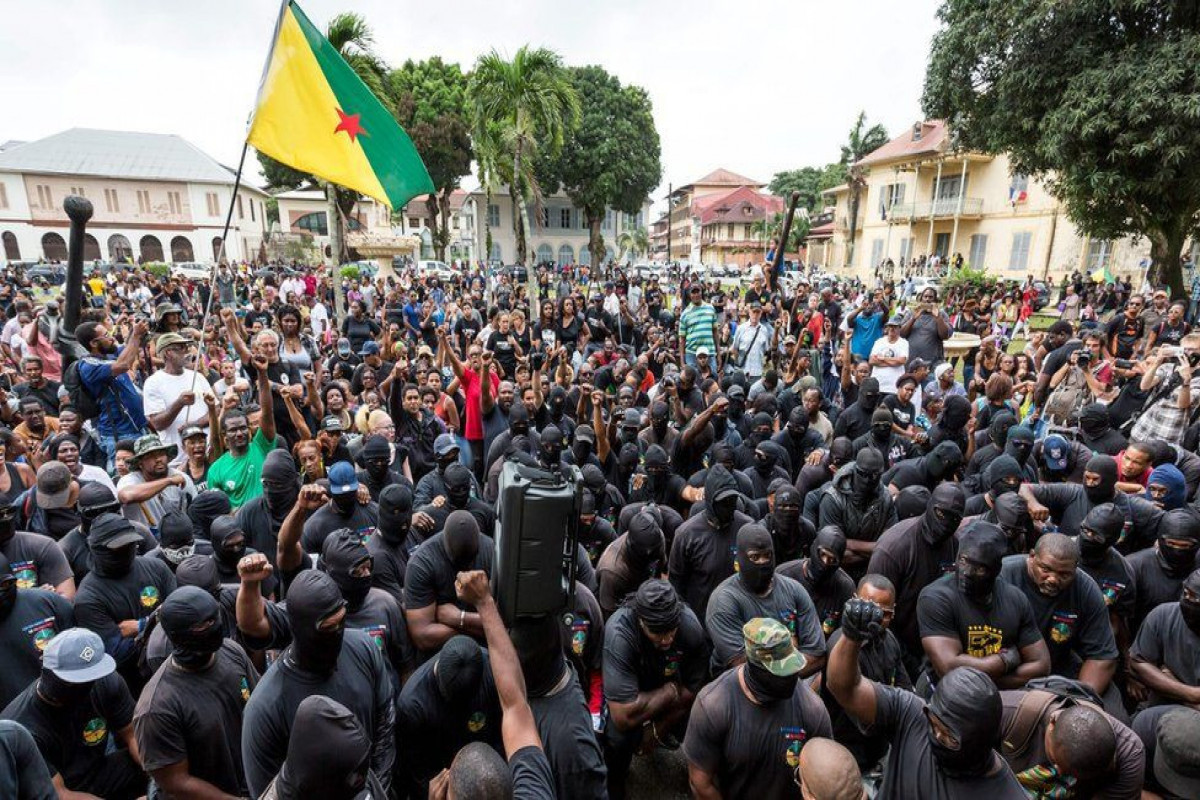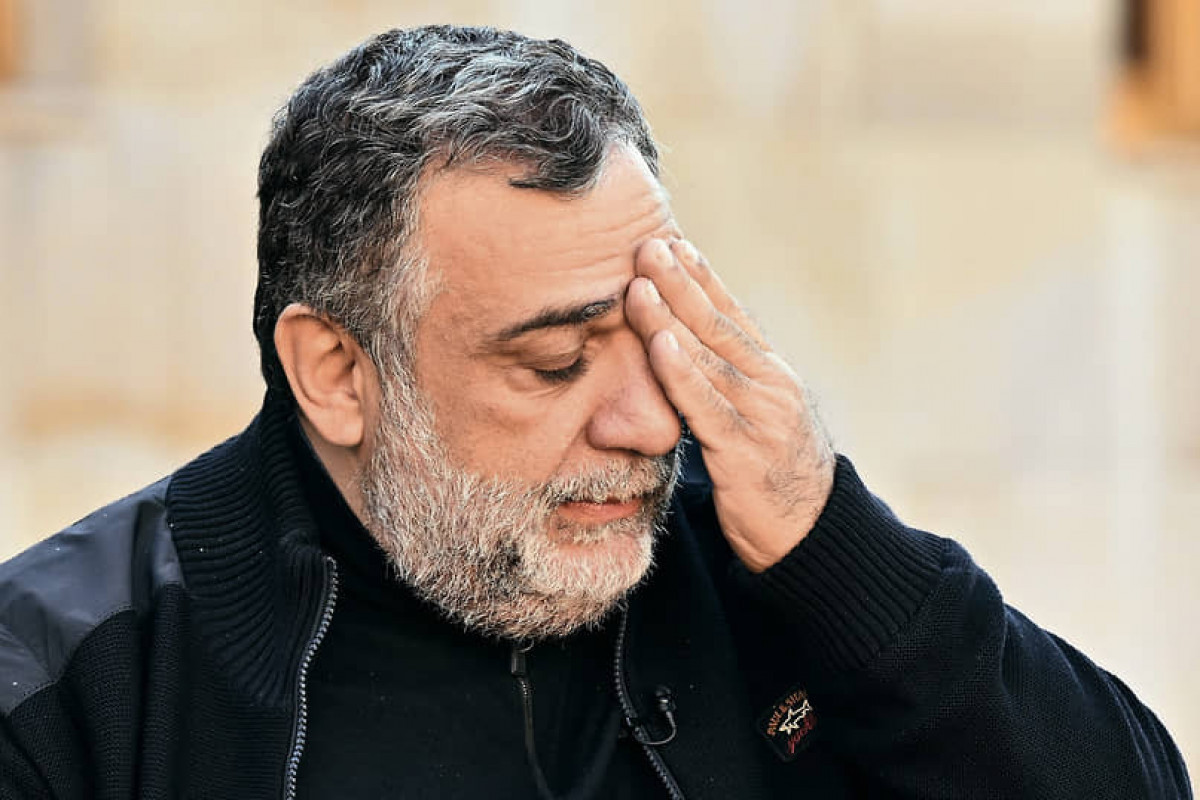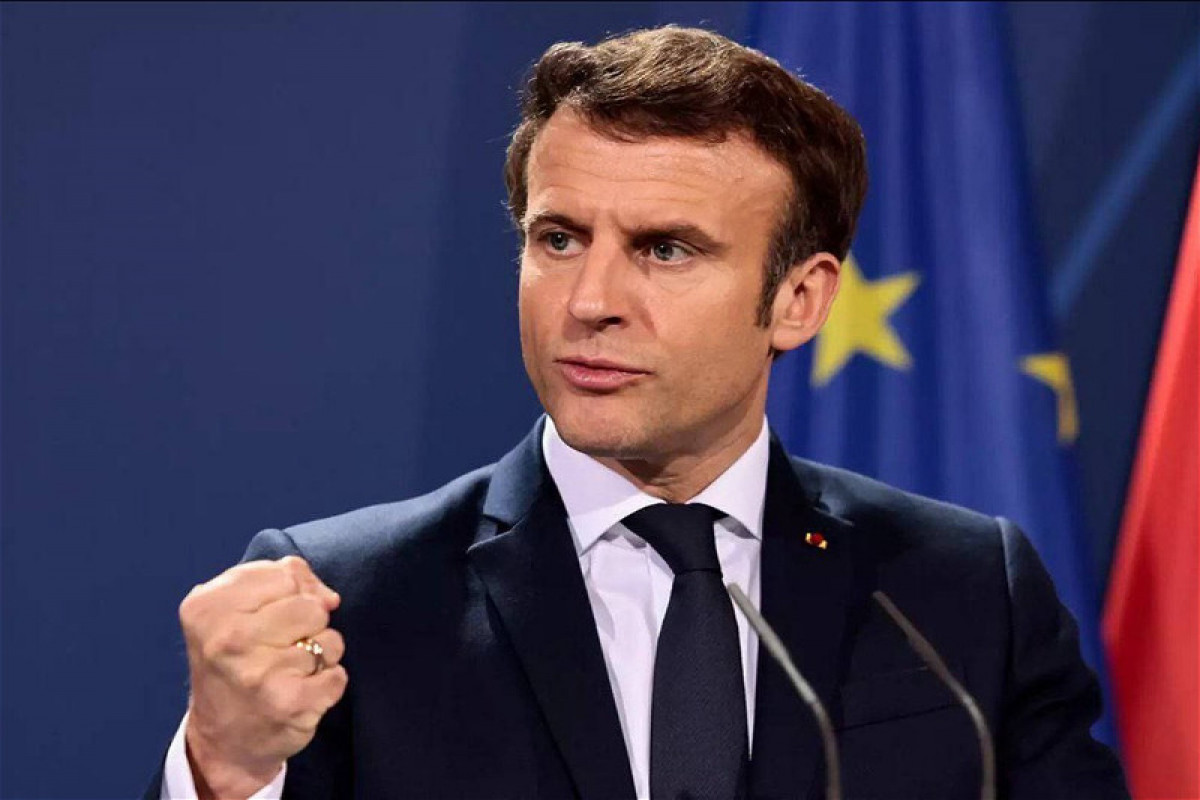TURKEY’S EU MEMBERSHIP: WILL THE ‘ARMENIAN OPENING’ HELP? – ANALYTICS

Turkey’s foreign policy, as emphasised by Foreign Minister Ahmet Davutoglu, is to have ‘zero problems with neighbours’ (Today’s Zaman, September 13). This is, first and foremost, intended to stabilise Turkey’s complex regional environment and ensure Turkey’s reputation as a peacemaker. It is also, more tactically, intended to boost Turkey’s long-running EU membership application. Ankara hopes to show that it is a responsible, and indeed indispensable, partner for Europe in Eurasia and the Middle East.
The rapprochement with Armenia, which seems to be gathering pace, is sometimes interpreted in this light. Turkey’s chief EU negotiator, Egemen Bağış, stated in early September that he expected the ‘Armenian opening’ to help Turkey’s EU bid (Today’s Zaman, September 2). However, this view is rather optimistic. In reality, normalization of relations with Armenia will have a marginal effect on Turkey’s EU application, at best.
In truth, the EU has never been particularly concerned about the closed border between Armenia and Turkey. European policy towards the South Caucasus as a whole has been patchy and vague. It took the war in Georgia for the EU to take an active stance, and in truth this was mainly the product of Nicolas Sarkozy’s energetic diplomacy as EU President, rather than any institutional determination on behalf of the whole Union.
The EU Monitoring Mission now keeping the peace between Georgia and Russia is welcome: however, as the Caucasus Update has argued before, the lack of subsequent hostilities is due to Russia’s lack of interest in a new conflict, not the EU’s efforts (Caucasus Update, March 16).
The EU has been less concerned about the Turkish-Armenian confrontation and the Nagorno-Karabakh conflict. Europe has let the OSCE take the lead on Karabakh, and has been content to sit back and express its support for a peaceful resolution to the conflict. There is little appetite within Brussels, for instance, for an EU peacekeeping force to be deployed in such a tense environment.
However, the EU still has an interest in preventing major conflicts in the ‘wider European space’. The cold war between Turkey and Armenia does not pose this risk. Although Turkish troops might intervene in the event of a new Karabakh war, they did not do so in the early 1990s, partly out of a desire to maintain a semblance of a balanced policy towards the conflict. Ankara, now more than ever, values its role as a peacemaker. Military intervention would destroy that reputation and cripple Turkey’s EU accession hopes.
Without a risk of war, it is clear that the thaw between Armenia and Turkey is hardly at the top of the EU’s list of priorities. Brussels already has evidence of Turkey’s good intentions as a regional mediator: it is currently negotiating between Iraq and Syria (BBC, August 31), has been intermittently involved in the Israel-Palestine peace process, and has also been quietly acting as a bridge between the West and Iran. Although welcome, opening the border with Armenia would not be a ‘game-changer’ in Turkey’s relationship with the EU.
Indeed, the two biggest game-changers in Ankara’s membership talks are Cyprus and the ‘Kurdish question’. Cyprus is, superficially, similar to the Armenian issue – an inter-state dispute with deep roots, which currently hinges on a closed border and diplomatic recognition. Unlike the Armenian issue, Cyprus is an EU member. Consequently, the dispute with Cyprus is the biggest single stumbling block in Turkey’s EU application.
Clearly it is not the only issue – there are 35 ‘chapters’ on which Ankara must satisfy Brussels, and only one (science and research) has been completed. But Cyprus’ significance is such that, when Turkey failed to apply a 2005 protocol on free movement of goods and people to the Cypriot government, the EU insisted that no ‘chapters’ could be closed, and that several would not be discussed until it had applied the protocol. The stakes are hardly as high in the Armenian thaw.
The Kurdish question is less significant than Cyprus, but more so than Armenia. The EU is reluctant to move forward on membership talks with a state which still - despite much recent progress - faces a serious ethnic insurgency. Until Ankara can, in the eyes of Brussels, get its house in order and negotiate a peaceful settlement with its Kurdish population, it will continue to be viewed as an irresponsible and unsuitable candidate for membership by some within Brussels.
It is instructive to look at the question in reverse. If, for instance, Turkey had resolved Cyprus and the Kurdish question, but had failed to make headway on opening the Armenian border, would this impede its membership process? It is unlikely.
Indeed, the only EU members which would be likely to turn the Armenian issue into an obstacle would be those – notably France – which already oppose Turkish accession. Most pragmatists in Brussels would probably be willing to move on, and urge Ankara towards an open border whilst continuing the membership negotiations.
It would be wrong to think that the EU does not value the thaw between Turkey and Armenia. It does improve Turkey’s reputation. But that reputation is already high, for more important reasons. And it is not the lack of an open border with Armenia – which the EU has little interest in – which is blocking Ankara’s accession to the Union. Until Cyprus and the Kurdish question are resolved, whether or not the Armenian border is open will be a minor footnote in Turkey’s relationship with Brussels.
Political
 ANALYTICS'>
ANALYTICS'>
Georgia is on the verge of chaos again - Will the West achieve the next 'color revolution'?"-ANALYTICS

Neocolonial policy of France on the edge of collapse- French Guiana is also on the path to liberating itself from colonization-ANALYSIS

An attempt to create a "Dove of Peace" from Vardanyan — Struggle over the wealth of the separatist billionaire-ANALYTICS

Macron is not sincere in his statements - France allocates less military support to Ukraine than Baltic countries-ANALYSIS
NEWS FEED
Police arrest dozens in demonstration at Art Institute of Chicago, including students
Russian President Putin attends Easter service at Christ the Savior Cathedral
Azerbaijani FM meets with Deputy Prime Minister of Somalia
Hamas agrees to release 33 hostages in first phase
Russian air defenses shoot down Ukrainian drone over Belgorod Region - Defense Ministry
Azerbaijan, Gambia abolish visa regime for diplomatic passport holders
Real Madrid crowned champions of La Liga for the 36th
Azerbaijani Foreign Minister met with OIC Director General for Food Safety
Azerbaijan, Pakistan discussed bilateral relations-PHOTO
Azerbaijan to host 16th Islamic Summit of OIC
Azerbaijani FM met with counterpart from Bangladesh-PHOTO
OIC calls on Armenia to fulfill its obligations
Azerbaijani FM made a speech in OIC Summit
Azerbaijan, Somalia discuss mutual cooperation issues-PHOTO
Azerbaijan, Morocco abolish visa regime-PHOTO
Azerbaijani FM discusses bilateral cooperation with Moroccan counterpart-PHOTO
Ukrainian MFA comments on Russian reports of putting Zelenskyy on wanted list
London mayor election: Sadiq Khan clinches historic third term
Jeyhun Bayramov discussed Azerbaijani-Turkish allied relationships with Hakan Fidan-UPDATED
Russia adds Ukrainian leader to its wanted list
EC's Gert Jan Koopman got acquainted with demining process in Azerbaijan's Aghdam-PHOTO
Russian Internal Affairs Ministry puts Zelenskyy and Poroshenko on wanted list-PHOTO-UPDATED
Vietnam police arrest former head of government office
Magnitude 3.1 quake hits Azerbaijan’s Tovuz district
Armenian Tavush movement announces march to Yerevan against delimitation with Azerbaijan-VIDEO
Azerbaijani MFA shares post on cooperation between Azerbaijan and NATO
Mutually beneficial partnership has been established between Azerbaijan and NATO- Javier Colomina
Landslides, floods sweep Indonesia’s South Sulawesi, killing 15 people
COP29 Organizing Committee holds its 3rd meeting-PHOTO
Death toll in Gaza exceeds 34,600
Azerbaijan eliminates double taxation on income with Türkiye
Azerbaijan establishes Khankandi City Attorney's Office
US-based Stirling Foundation to provide financial assistance regarding with mine threat in Azerbaijan
Kazakh President to pay a visit to Russian Federation
French economy minister crashes into a cyclist after running a red light
Norwegian traveler: Accurate mine maps should be submitted to Azerbaijan
Türkiye's Parliamentary Committee Chair discusses Azerbaijan-Armenia peace process in Washington
International travelers watched process of neutralizing mines in Azerbaijan’s Jabrayil -UPDATED-VIDEO
Norwegian traveler: I saw how fast infrastructure was restored in Garabagh after destruction
EU, Azerbaijan mull development of the Middle Corridor
Georgia is on the verge of chaos again - Will the West achieve the next 'color revolution'?"-ANALYTICS
Hamas is the only thing standing between Gaza and ceasefire: Antony Blinken
Azerbaijan unveils amount of ammunition found in Khankandi in last week
Price of Azerbaijan oil drops
Russian drones injure 6 in Ukraine's Kharkiv, Dnipro regions
Coexistence of Palestine, Israel is possible — Blinken
Main indexes of world stocks
Oil price drops below USD 83 in world markets
New Zealand signs MOU with German institute on Antarctica cooperation
Foreign travelers visited Khudafarin bridge in Azerbaijan

